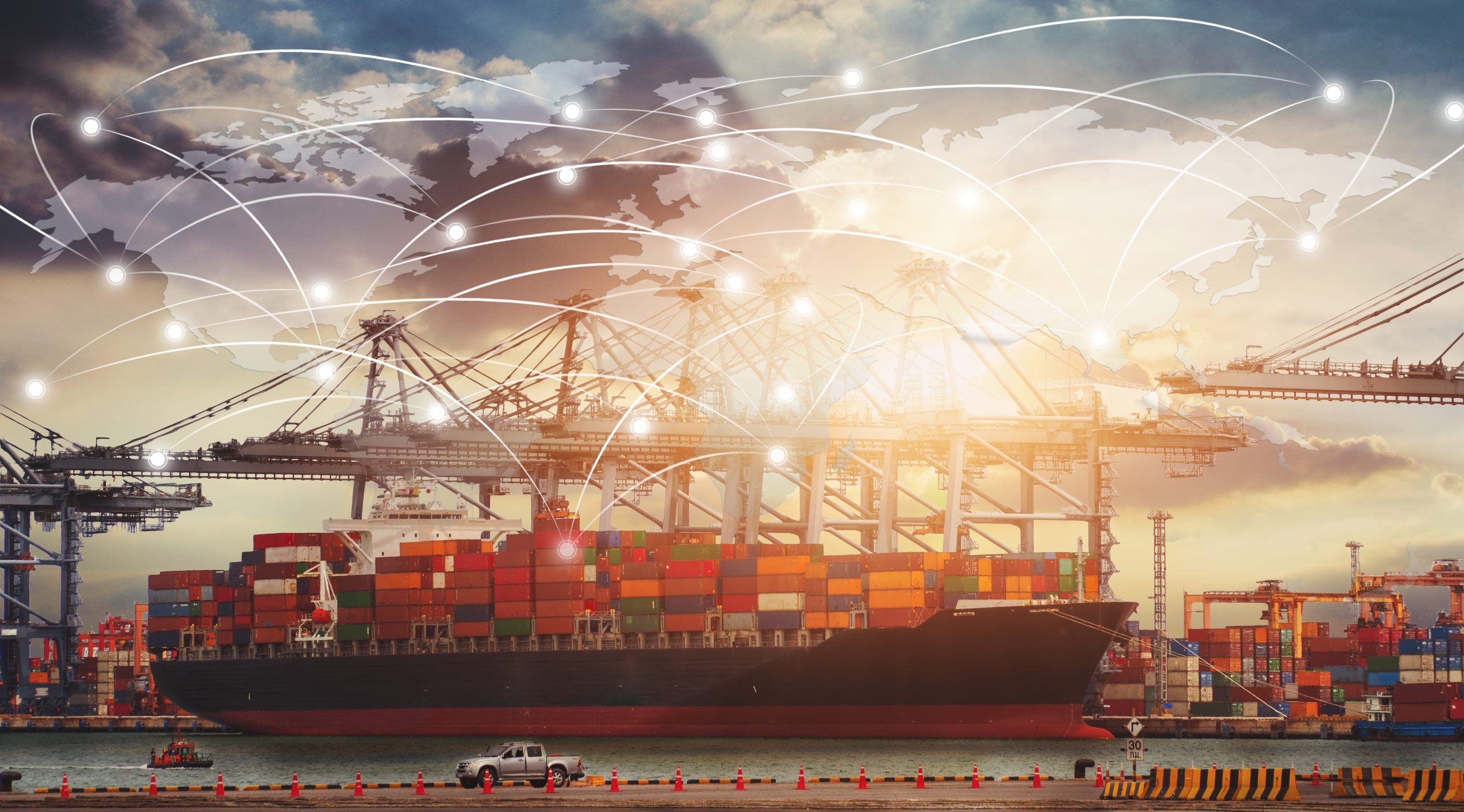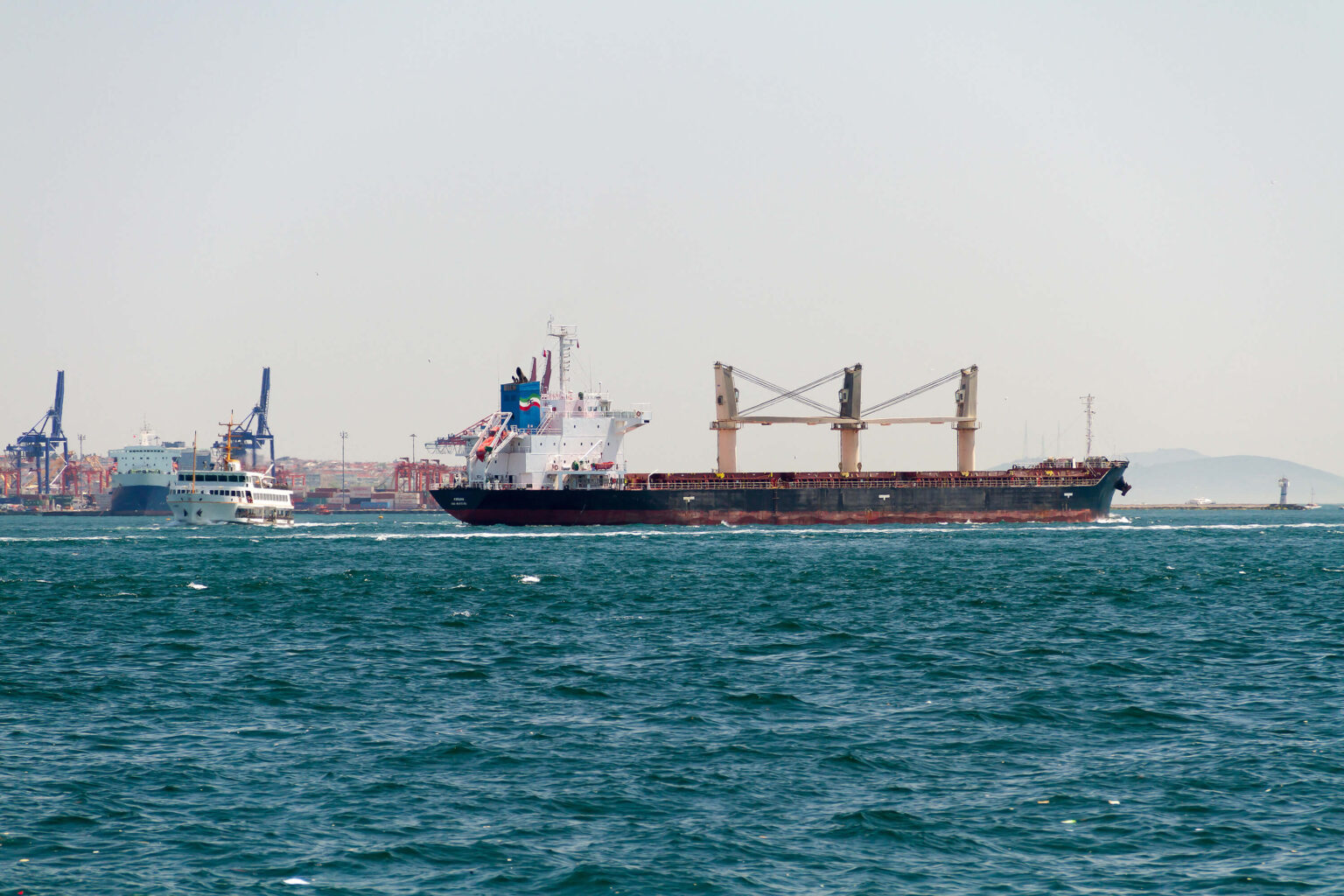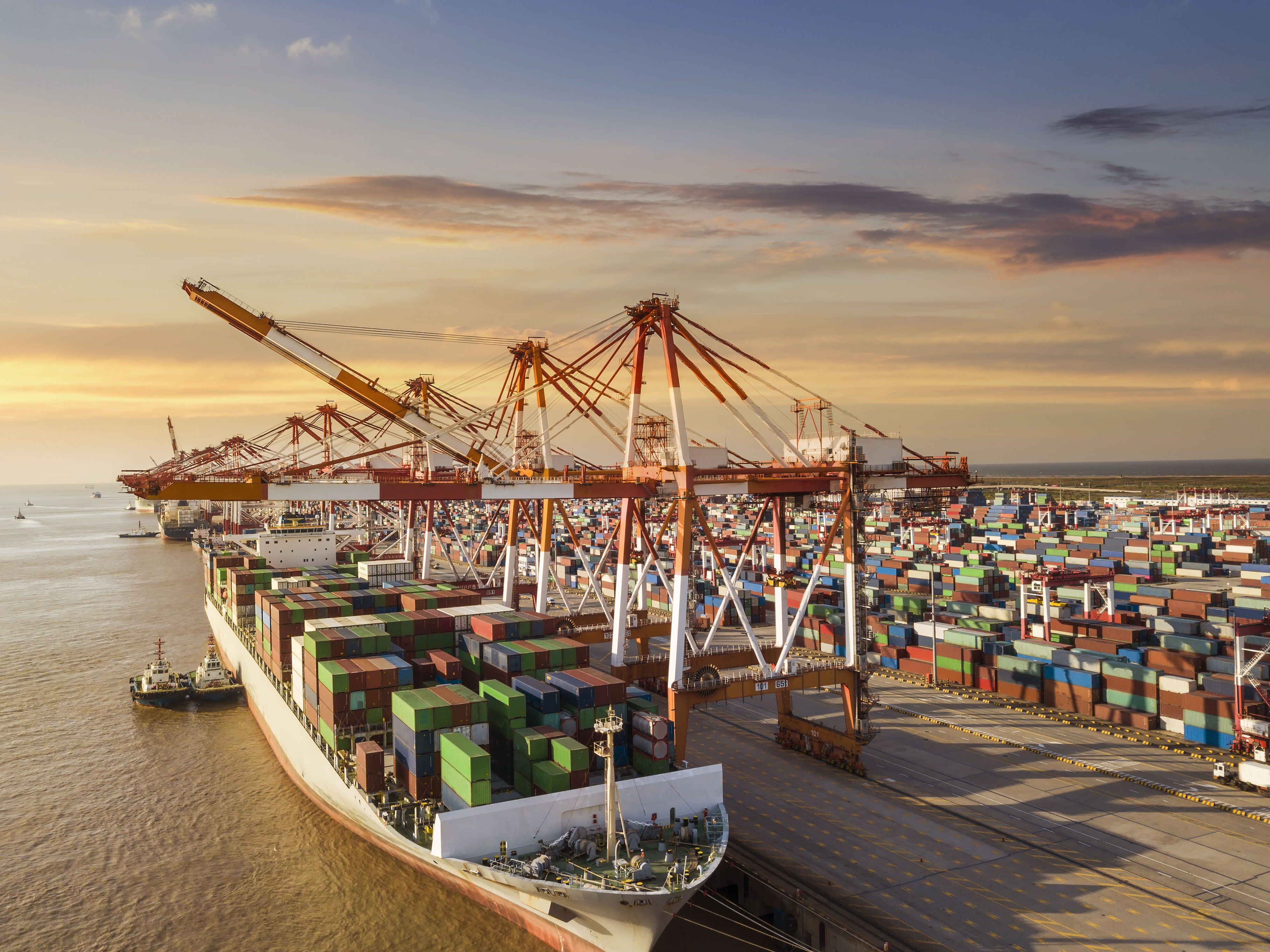SHI Successfully Demonstrates AI-based Autonomous Navigation Technology Across Pacific Ocean
Samsung Heavy Industries has successfully demonstrated its independently developed artificial intelligence (AI)-based autonomous navigation technology.
On Sept. 25, the company announced the successful completion of a trans-Pacific demonstration to verify its independently developed AI-based Samsung Autonomous Ship (SAS) system.
The AI-based SAS was installed on a 15,000 TEU (1 TEU equals one 20-foot container) container ship of Taiwan Area ,China’s Evergreen Marine Corp. From Aug. 25 to Sept. 6, the system underwent functional testing on a Pacific Ocean route connecting Oakland, USA, to Kaohsiung, Taiwan Area ,China.
SAS is an autonomous navigation solution developed by Samsung Heavy Industries in 2019. It is a state-of-the-art system that incorporates advanced technologies such as situation awareness through fusion of radar, GPS, and camera imagery, and automatic control of engines and rudders for collision avoidance.
The test results showed that SAS performed 104 optimal guidance operations and 224 automatic ship control operations over a 10,000 km route, analyzing weather conditions every three hours and adjusting to weather and route situations without crew intervention. This not only resulted in fuel savings but also achieved on-time arrival.
During maritime transportation, failure to meet estimated arrival times due to variables such as adverse weather conditions can lead to significant losses for shipping companies, including supply chain disruptions and increased logistics costs. Therefore, there is a need for economical autonomous navigation technology that supports accurate arrival by analyzing weather conditions and navigation circumstances.
Samsung Heavy Industries plans to continue joint research on AI autonomous navigation technology with Evergreen, aiming to further increase quantitative fuel efficiency by optimizing not only speed but also route selection.
Lee Dong-yeon, vice president and head of the Shipbuilding and Offshore Research Institute at Samsung Heavy Industries, said, “SAS has evolved from an autonomous navigation assistance system for collision avoidance to a level where it maintains economical speed on its own and meets arrival times.” He added, “As an eco-friendly means of realizing fuel efficiency, it will contribute to the global shipping and logistics industry.”
Source: BusinessKorea




